
AeroGenie - مساعد الطيار الذكي الخاص بك.
الرائج الآن
Categories
Spirit Considers Cancelling Airbus Deliveries Amid Tariff Uncertainty
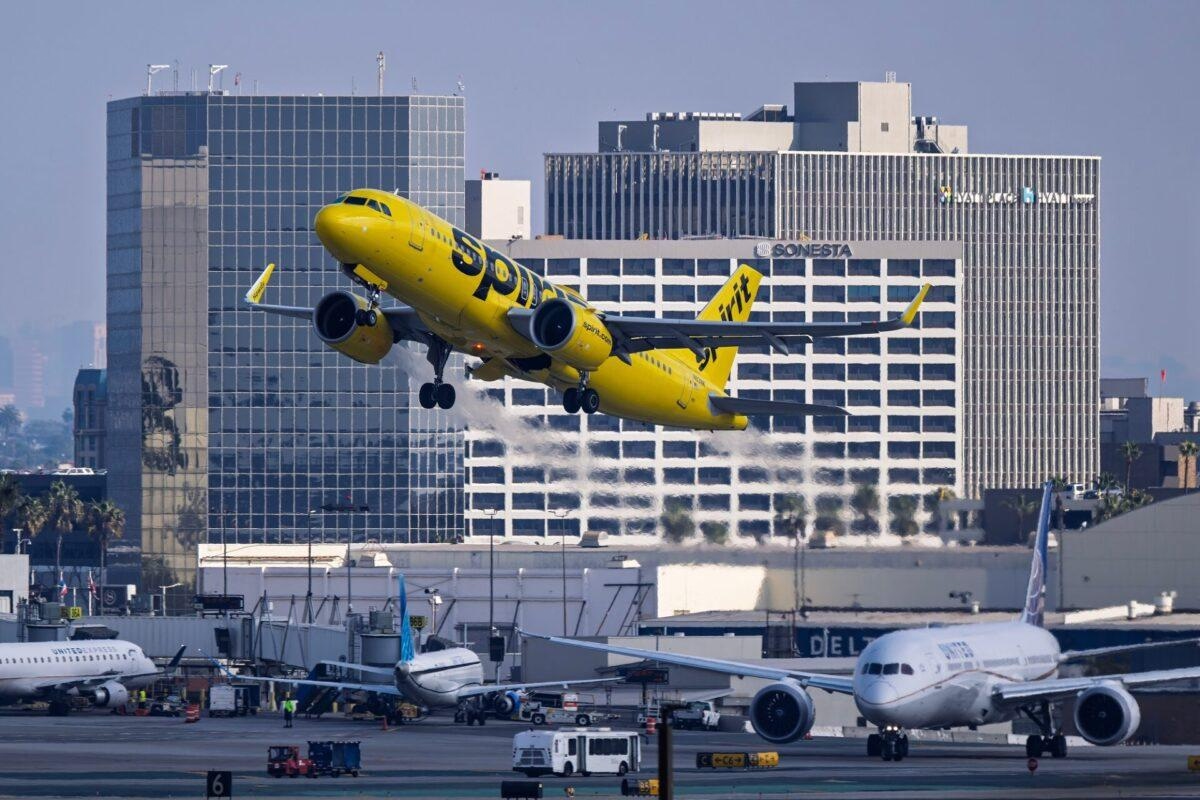
Spirit Airlines Considers Cancelling Airbus Deliveries Amid Tariff Uncertainty
Spirit Airlines has signaled the potential cancellation or postponement of new Airbus aircraft deliveries in response to ongoing tariff uncertainties, raising concerns about increased operational costs and supply chain disruptions within the airline industry.
Impact of U.S.-EU Tariffs on Spirit’s Fleet Plans
In a Securities and Exchange Commission (SEC) filing dated May 30, 2025, the ultra-low-cost carrier highlighted the risks posed by recently imposed U.S. tariffs on European Union (EU) imports. The U.S. government introduced a 20% tariff on EU goods, including aircraft and parts, on April 9, 2025, though this measure was suspended for 90 days. A universal 10% tariff remains in effect. Spirit, which operates an exclusively Airbus fleet, depends heavily on EU imports for both new aircraft and maintenance components. The airline stated that these tariffs could increase the cost of imported Airbus aircraft and parts necessary for fleet servicing. Consequently, Spirit may seek to delay or cancel certain scheduled aircraft deliveries and reconsider the volume of future purchases. The company warned that such decisions could materially impact its fleet size, operational capabilities, and financial performance.
Industry data from ch-aviation indicates that Spirit is awaiting delivery of 25 Airbus A320neo and 32 A321neo aircraft. The airline recently emerged from Chapter 11 restructuring in March 2025, having reduced its debt by approximately $795 million and secured greater financial flexibility. Nevertheless, the looming threat of escalating tariffs and potential retaliatory actions between the U.S. and EU now casts significant uncertainty over Spirit’s expansion plans.
Broader Industry Challenges Amid Trade Disputes
The tariff dispute unfolds amid a challenging environment for the aviation sector. Airlines across North America are contending with rising operational costs, persistent supply chain disruptions, and weakening passenger demand. Delta Air Lines has similarly cautioned that tariffs could halt new Airbus orders and necessitate route reductions. Meanwhile, the International Air Transport Association (IATA) is exploring legal options to address aircraft delivery delays, as carriers resist passing tariff-related cost increases onto customers.
Despite ongoing deliveries from both Boeing and Airbus, the industry remains cautious regarding future orders and fleet growth. The prospect of further tariff escalations or retaliatory trade measures threatens to exacerbate existing supply chain bottlenecks and increase costs for airlines already facing financial pressures.
As Spirit Airlines and its peers navigate these uncertainties, the resolution of trade negotiations and tariff policies will be pivotal in shaping aircraft procurement strategies and fleet planning across the global aviation industry.

BluJay Aerospace Advances Indian Aviation
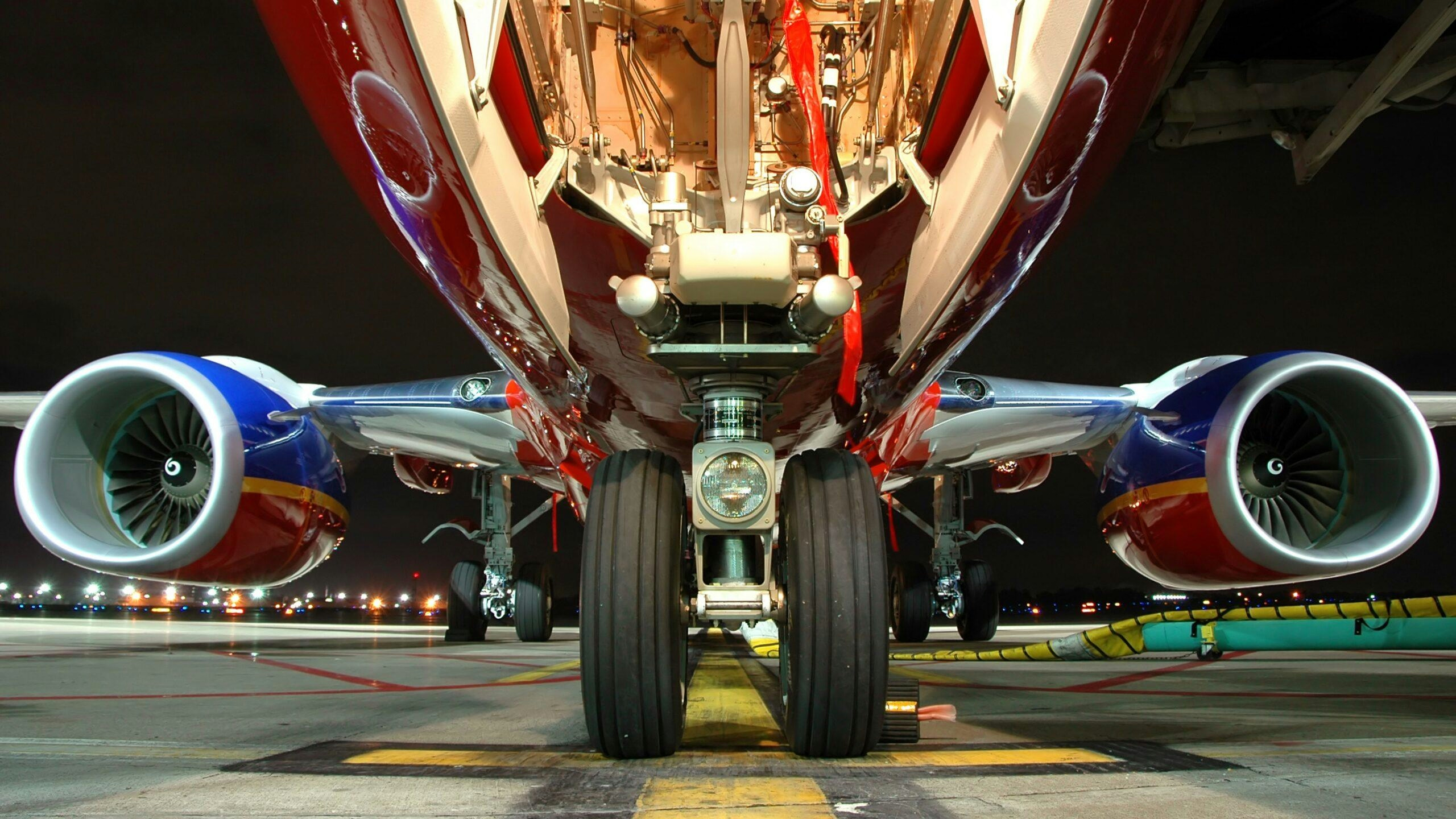
AxioAero Group Acquires Airway Aerospace
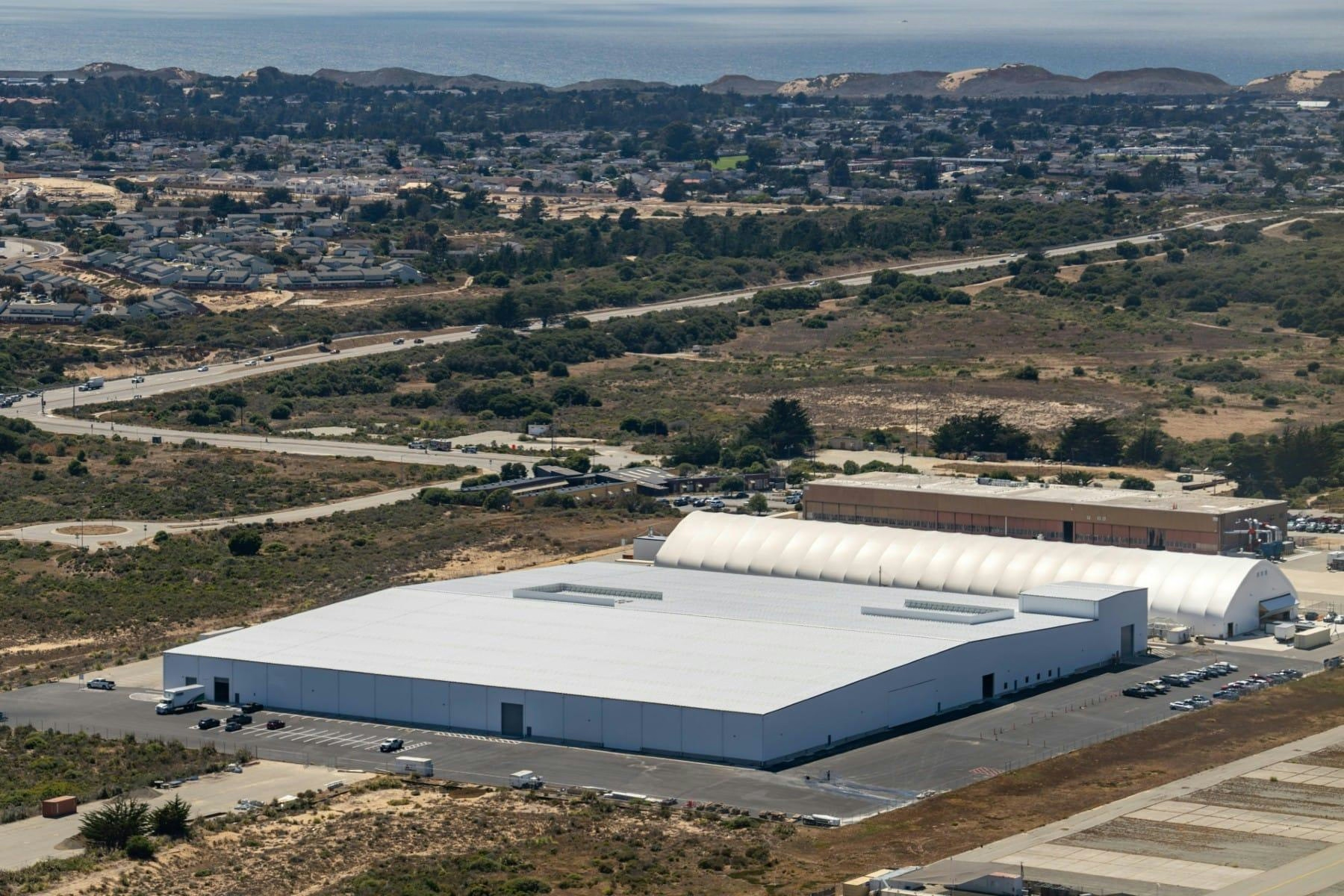
Joby to Train Up to 250 Pilots Annually with New Simulators in Marina
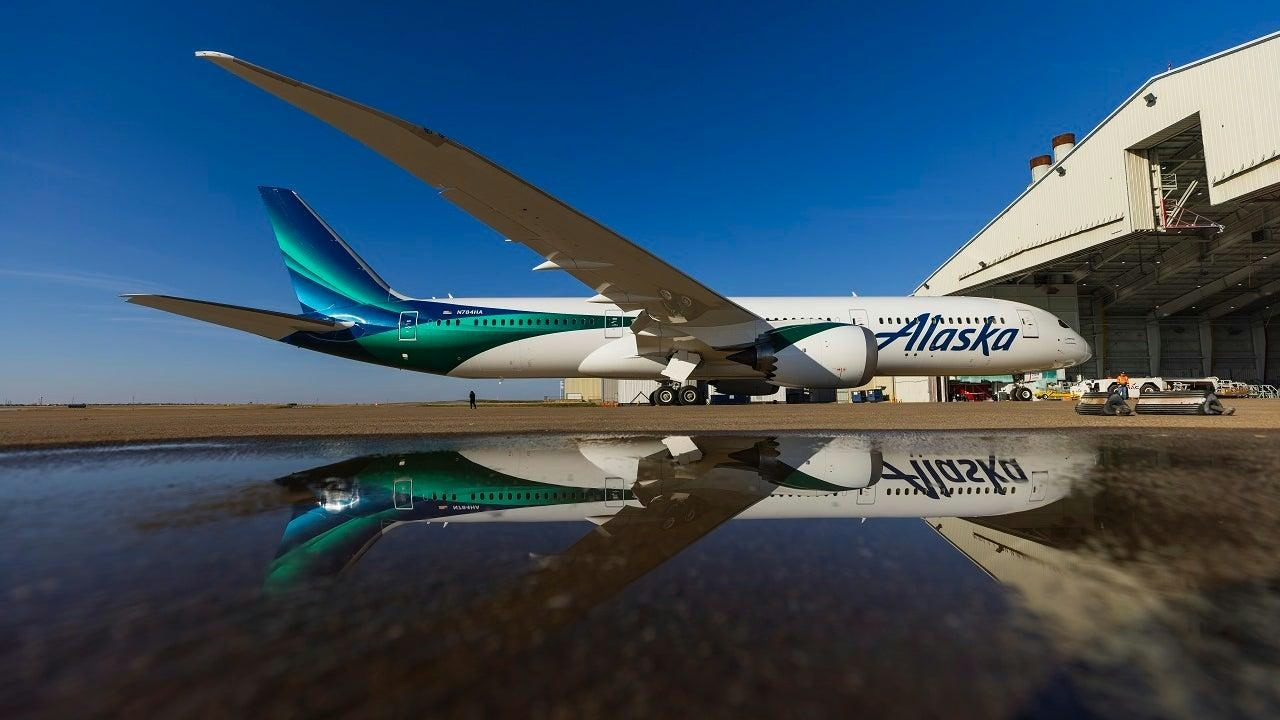
Boeing and Alaska Airlines Confirm Major Aircraft Order
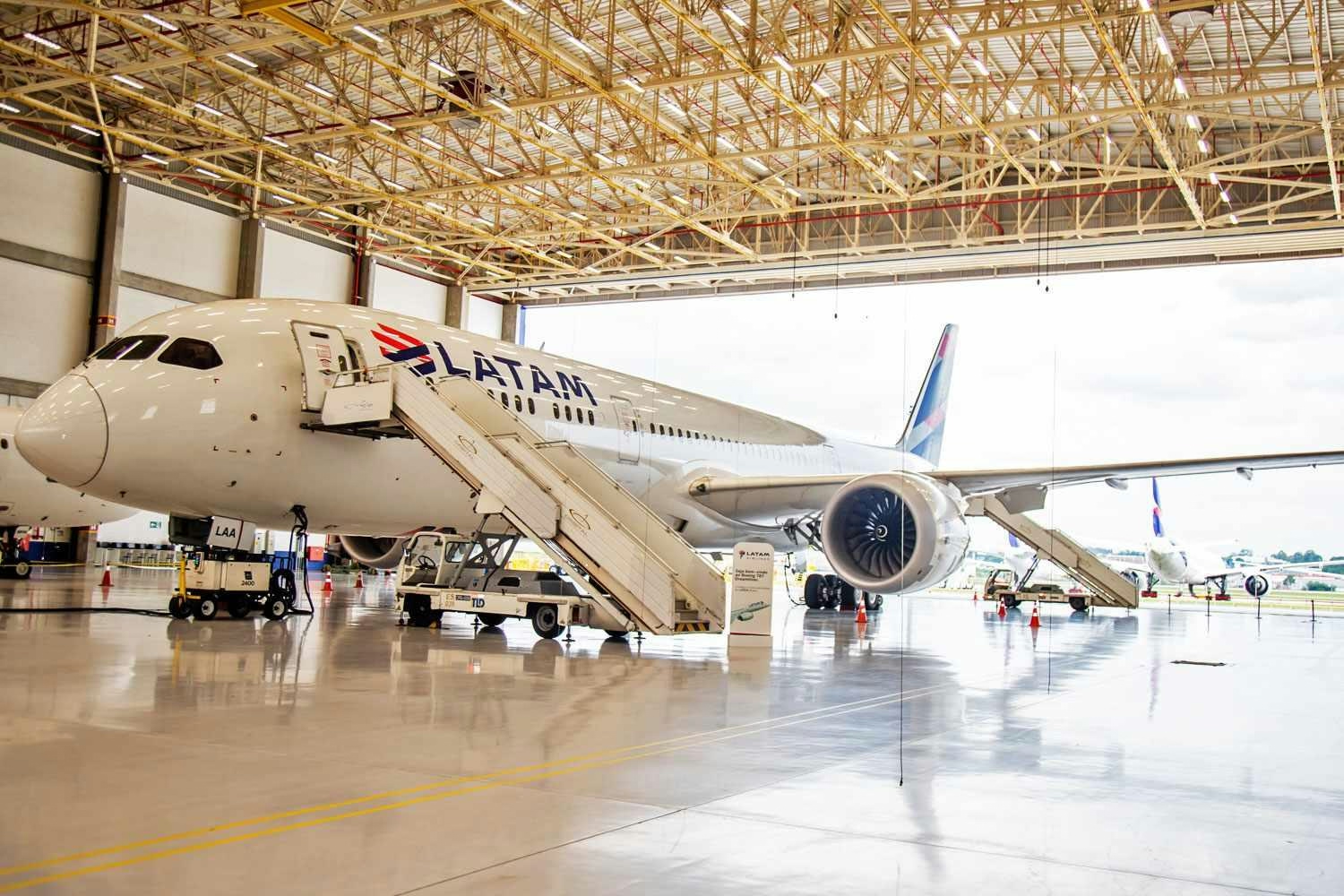
LATAM Receives First Boeing 787-9 Equipped with GEnx Engines
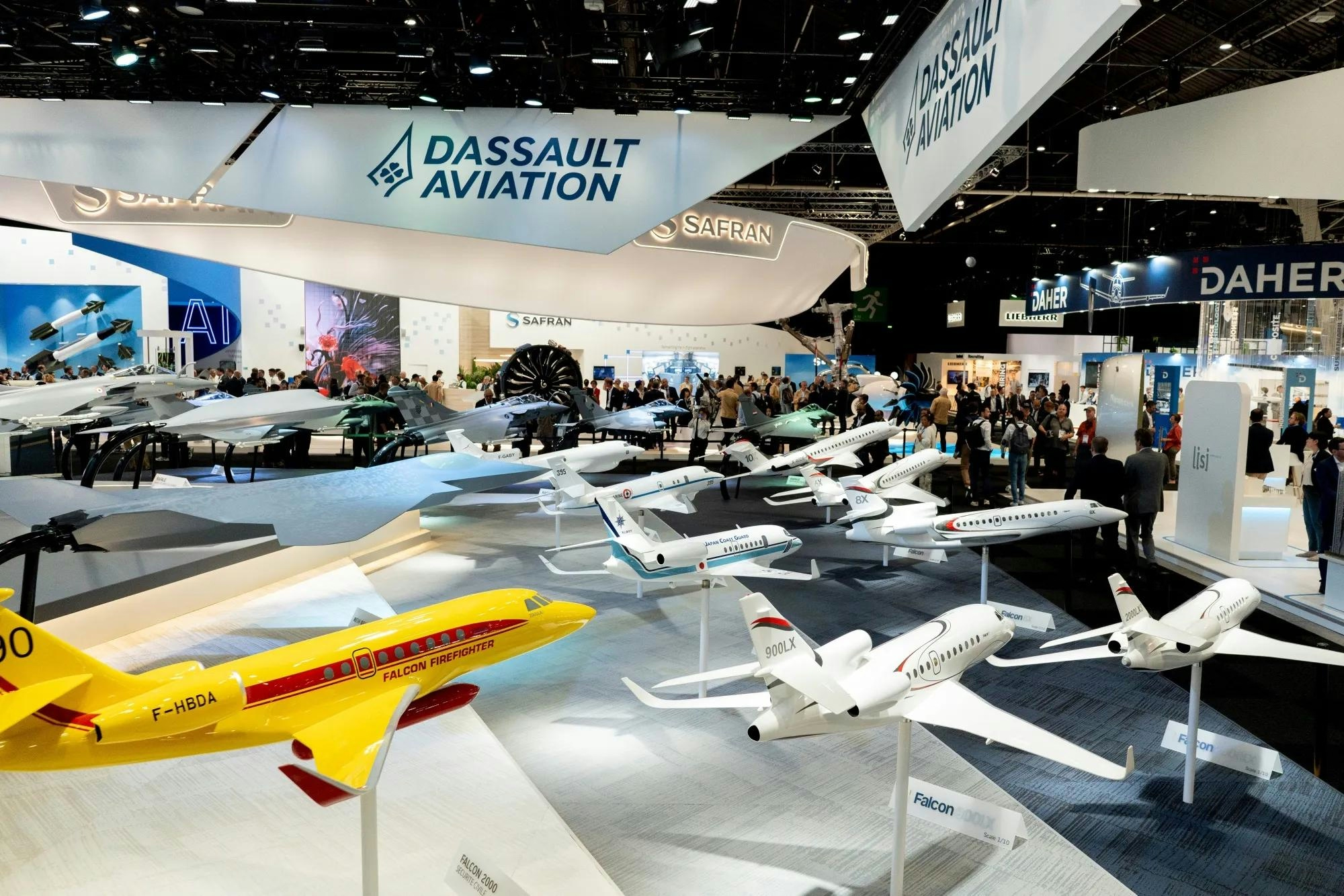
Dassault Aviation Reports Aircraft Deliveries, Orders, Backlog, and Sales Outlook
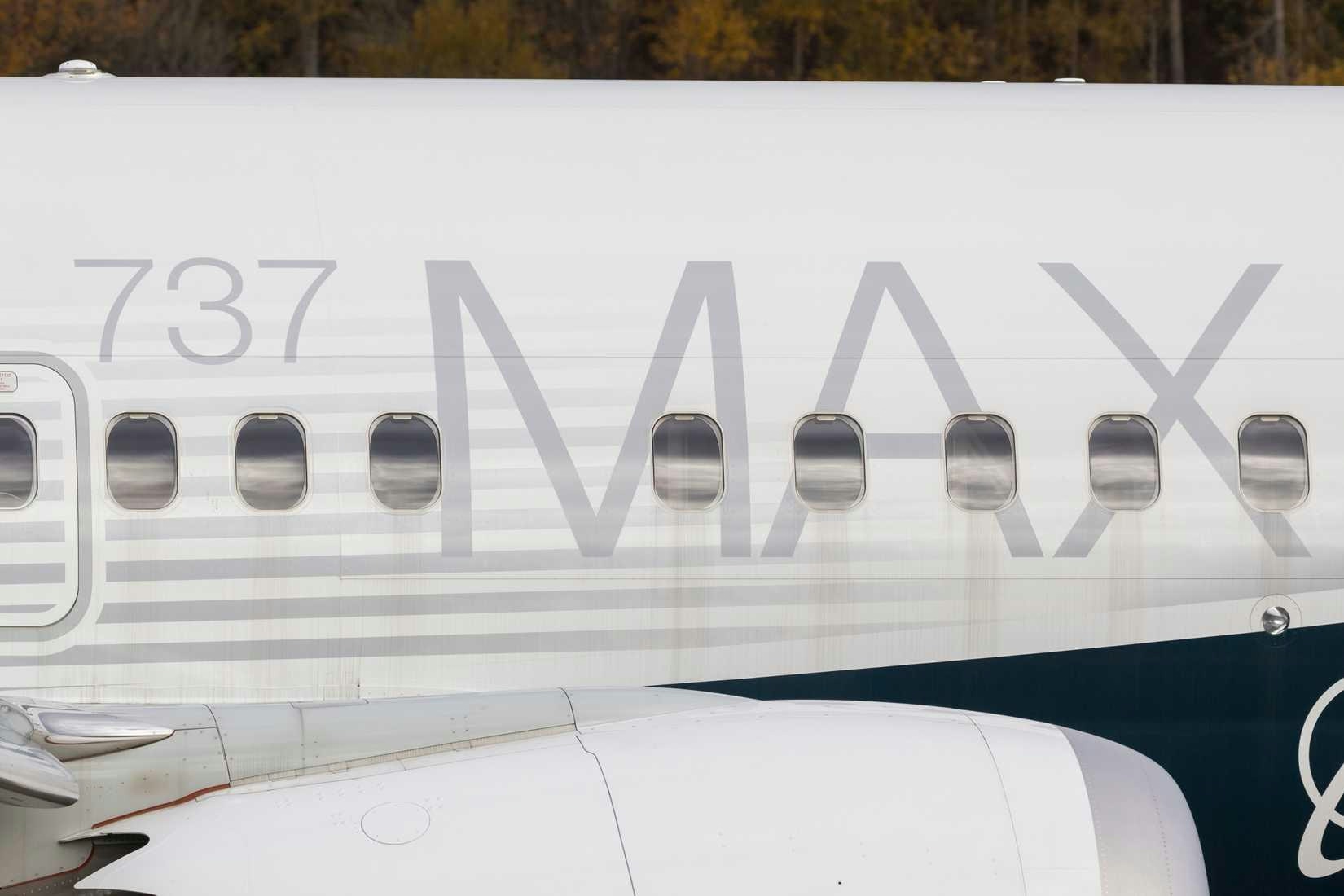
Alaska Airlines Orders 140 Boeing 737-10 and 5 Boeing 787-10 Jets
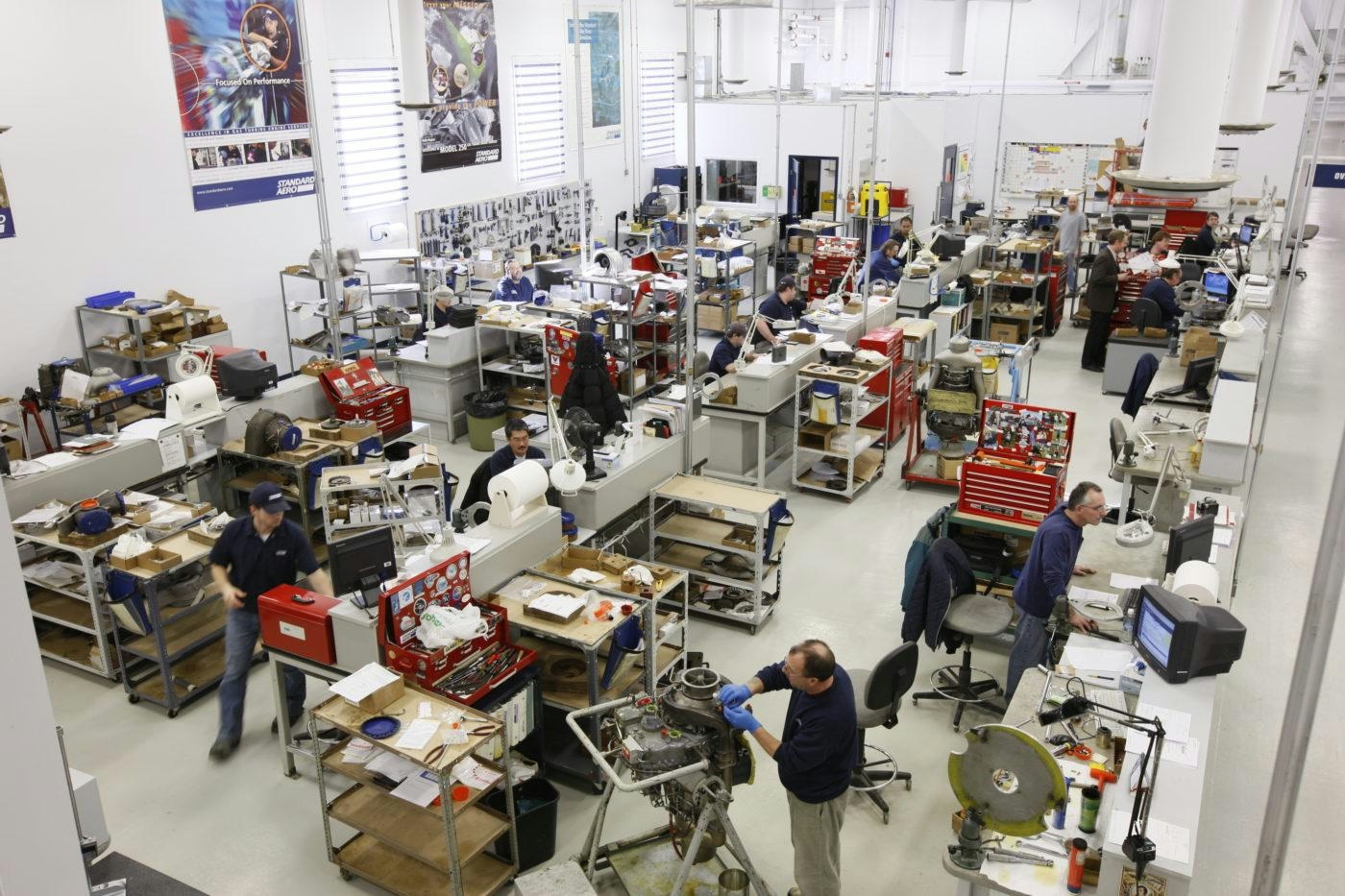
Dine Appointed Vice President of Sales at StandardAero
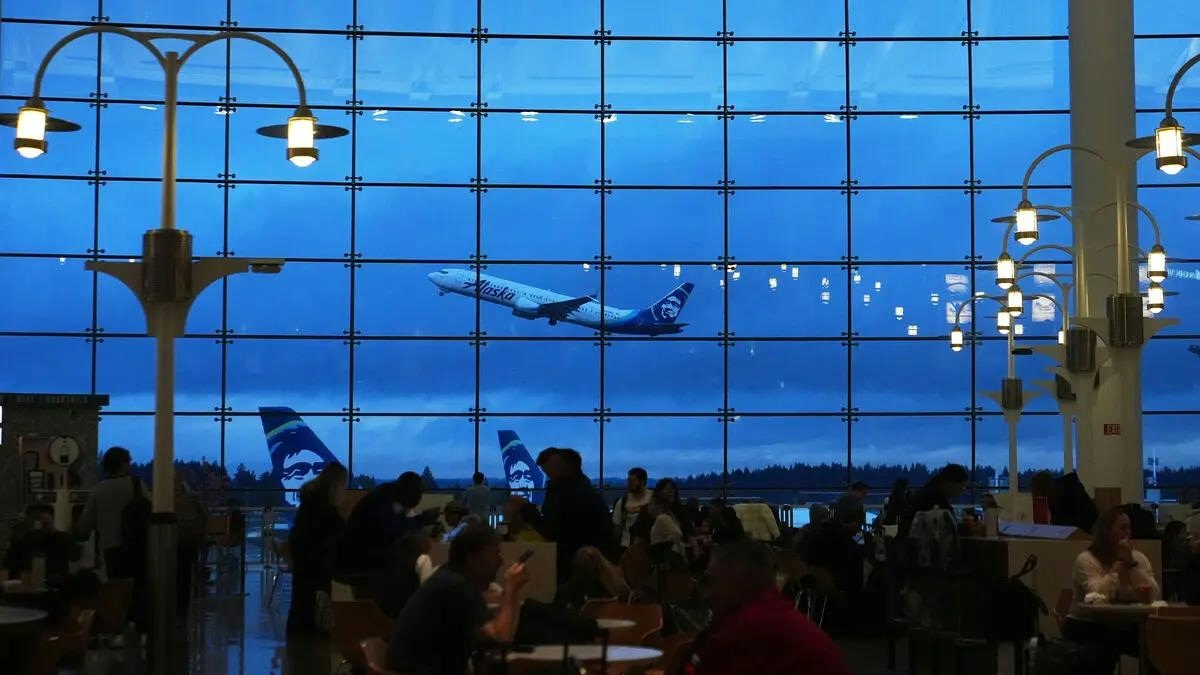
Boeing Shares Rise Following Alaska Airlines’ Record Aircraft Order
